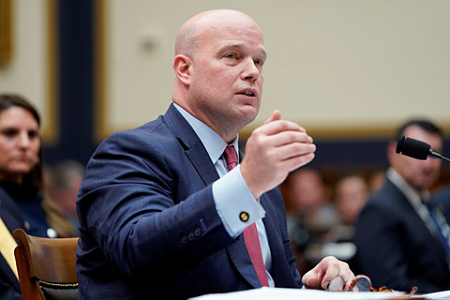
A special envoy for U.S. President Donald Trump, Steve Witkoff, has arrived in Russia on a high-stakes diplomatic mission, mere days before a critical ultimatum issued by the White House is set to expire. President Trump has demanded that the Kremlin secure a peace deal with Ukraine by August, threatening to impose crippling tariffs on nations that continue to purchase Russian energy if the deadline is missed. Regardless of the outcome, Witkoff’s visit itself is a significant development, suggesting that despite his hardline public stance, Trump believes the window for dialogue with Russia has not yet closed.
Witkoff is no stranger to Moscow, and his previous talks with President Vladimir Putin have consistently generated intense scrutiny and criticism in the West. The envoy has carved out a role as a specialist in backchannel negotiations, often acting as a ‘good cop’ who engages the Russian leadership through confidential understandings and discreet deals. His missions have been marked by an unusual degree of secrecy, exemplified by a past meeting with Putin conducted without an official U.S. government interpreter, thereby avoiding a formal record that could be subpoenaed by Congress.
This current visit, however, is shrouded in an even thicker veil of mystery. It was announced by President Trump himself, the same leader who recently claimed he was “tired of talks” with Putin and imposed what is effectively a 10-day ultimatum expiring around August 7-8. “He’s going to Israel and then, believe it or not, to Russia,” Trump said on July 31, revealing his envoy’s itinerary. The Kremlin, in stark contrast, has remained silent, offering no official comment on the visit.
Confirmation of Witkoff’s arrival came from an unexpected source: the U.S. Ambassador to NATO, Matthew Whitaker. “I know that Steve Witkoff, President Trump’s special representative, is in Moscow this weekend, and I hope he can achieve a breakthrough,” Whitaker told NBC on August 2. He added that a deal was possible if both Russia and Ukraine were willing, expressing hope that the visit would “bear some fruit.”
However, any optimism must be tempered by the reality of past diplomatic failures. Previous statements from the Trump administration have confidently predicted a deal was imminent, yet three rounds of Russia-Ukraine talks in Istanbul have yielded little beyond a prisoner exchange agreement. The positions of the two warring sides remain far apart. Ukrainian President Volodymyr Zelenskyy has unequivocally dismissed Russia’s proposals as a demand for capitulation, not a basis for a genuine compromise.
The Kremlin has also cautioned against excessive expectations. While Putin has stated Russia is ready to continue negotiations, he has linked the security of both nations to the broader context of pan-European security, stopping short of committing to an immediate ceasefire or peace agreement. As the clock ticks down on Trump’s deadline, Witkoff’s mission represents a last-ditch effort to find a diplomatic breakthrough against formidable odds.
